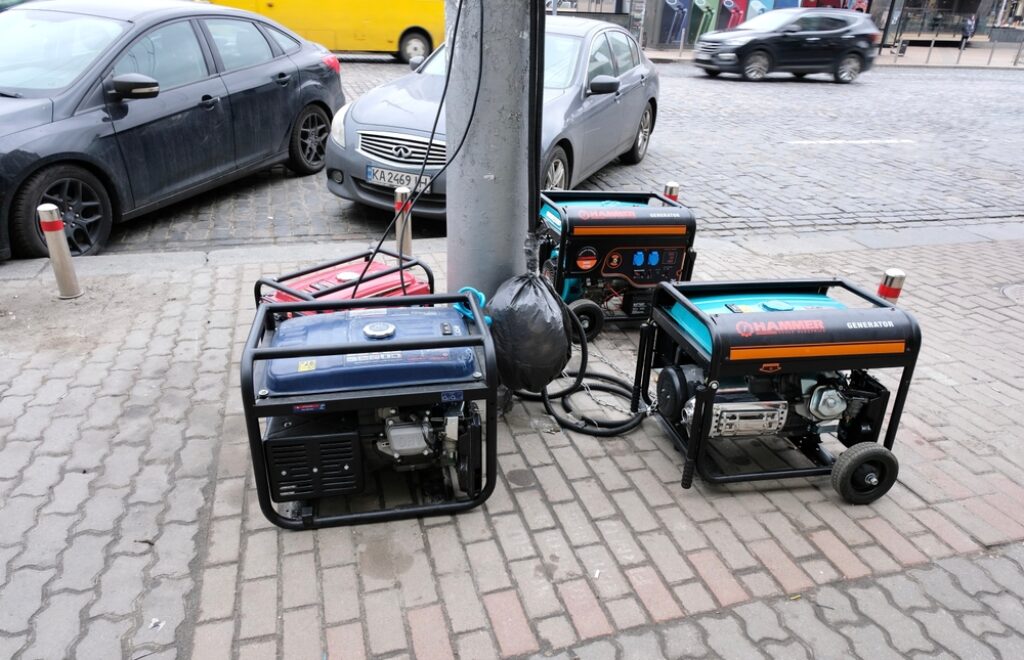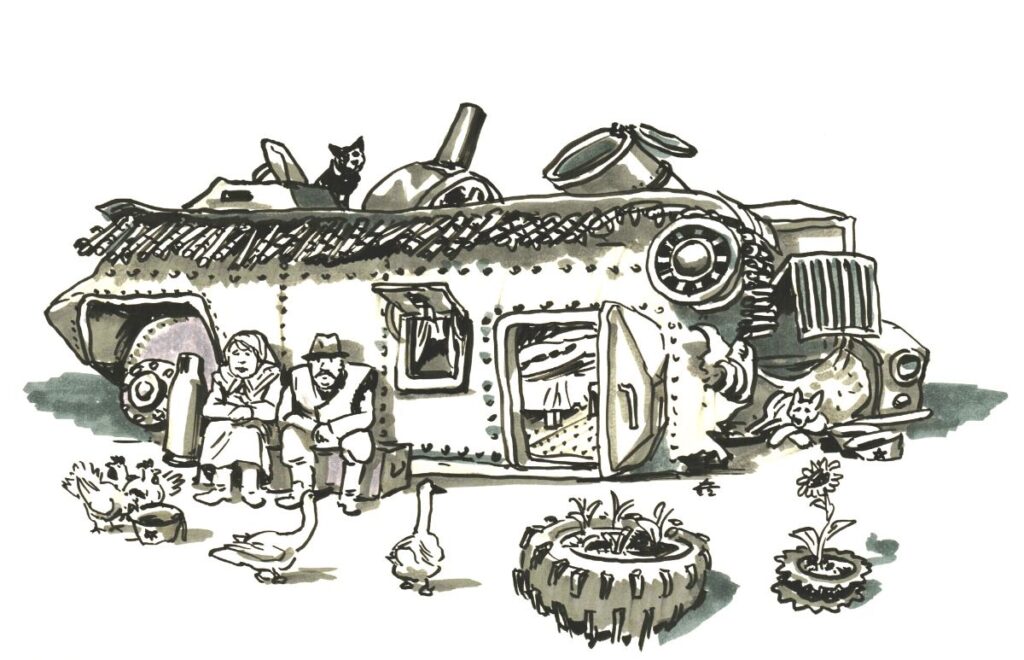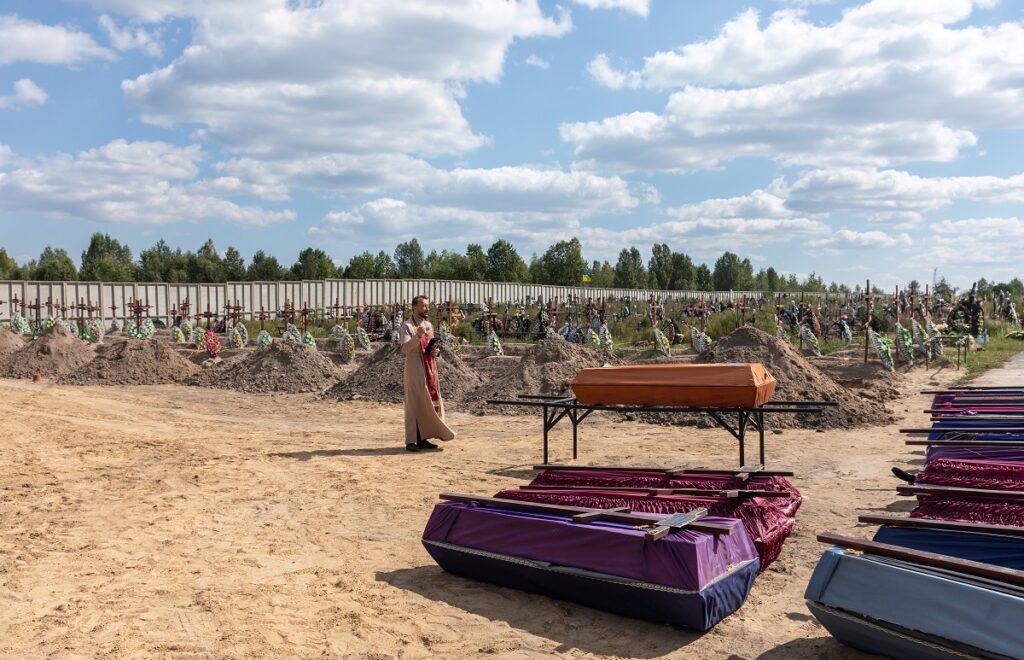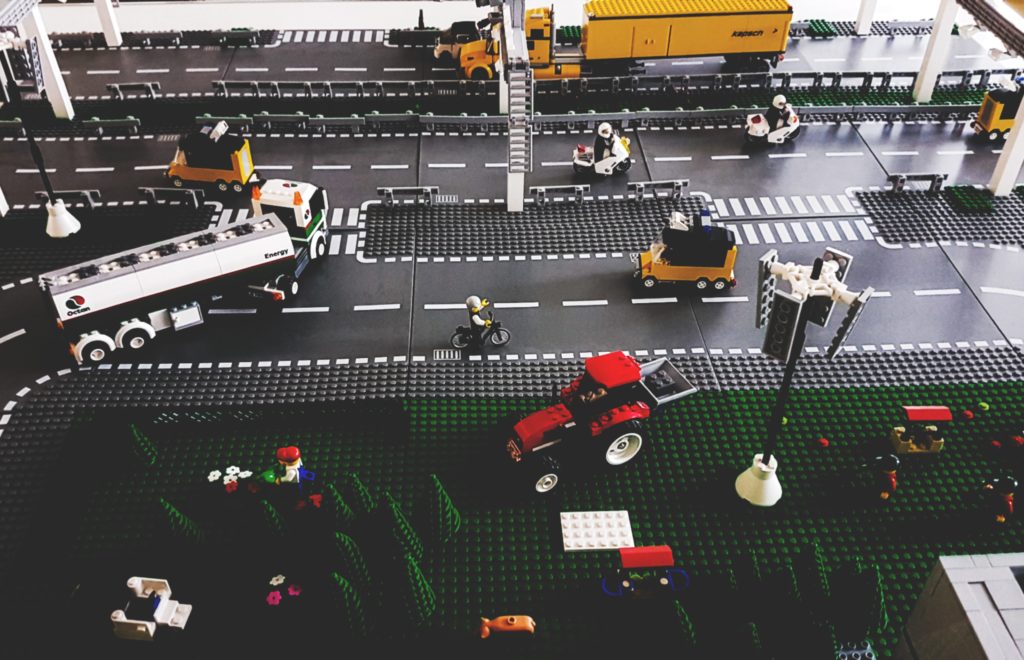Russian infrastructure attacks aim to create humanitarian crisis
“When will the next power outage be and for how long will it last? This is something you never know. But this thought accompanies you especially when you are taking a lift to the 13th floor of the building.” Nadiya returned to Kyiv in October. Before, just like almost eight million Ukrainians, she found refuge abroad – in Poland and the United Kingdom. However, for her Ukraine is home and it is here that she sees her future. Even despite the fact that since October 2022 Russia has systematically been destroying Ukraine’s critical infrastructure.
February 16, 2023 - Maciej Zaniewicz








































